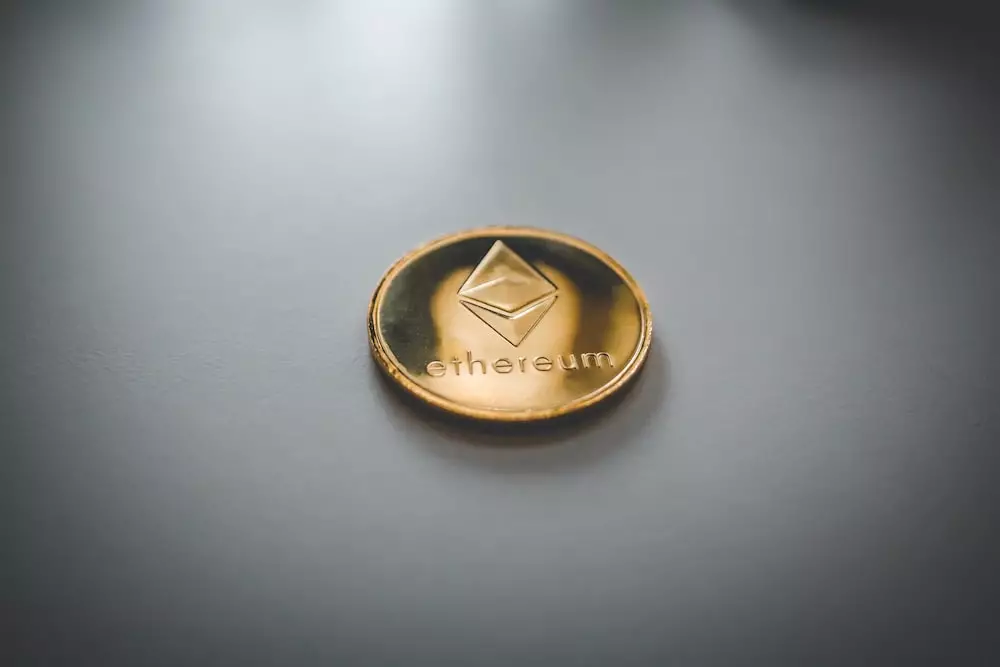The asset management firm Valkyrie, which has been at the forefront of the race to launch the first Ethereum Exchange-Traded Fund (ETF) in the United States, has made the decision to pause its purchase of Ether futures contracts. This change in strategy comes shortly after Valkyrie reportedly obtained approval to offer investors exposure to Ether futures under its existing strategy ETF (BTF). The pause was announced in a recent filing with the US Securities and Exchange Commission (SEC). Valkyrie stated that it would halt the purchase of Ether futures contracts and unwind its existing positions until an amendment to its registration statement, specifically addressing Ether futures contracts, is approved. This unexpected move by Valkyrie raises questions about the firm’s chances of becoming one of the first to introduce an Ethereum ETF in the US.
There have been speculations about the reasons behind Valkyrie’s decision to delay its Ether futures purchases. Bloomberg analyst Eric Balchunas suggested that the SEC may have pressured Valkyrie, resulting in the firm’s change of course. Balchunas expressed his suspicions in a post on X (formerly known as Twitter). However, the actual reasons for Valkyrie’s decision remain unclear. Valkyrie’s careful and strategic approach to launching an Ether futures ETF suggests that there may be other factors influencing their recent actions.
The SEC’s apparent fast-tracking of the approval process for Ethereum futures ETFs is a significant development that influenced Valkyrie’s initial decision to purchase Ether futures contracts. The anticipation of a potential US government shutdown next week may have prompted the SEC to speed up the approval process. This, in turn, created an opportunity for Valkyrie to secure exposure to Ether futures. However, the recent pause in Valkyrie’s purchases raises questions about the likelihood of the SEC granting approval for an Ethereum ETF in the near future. The SEC’s role and its decision-making process regarding the Ethereum ETF applications remain critical factors to monitor.
Valkyrie is not the only firm vying for the title of introducing the first Ethereum ETF in the US. Asset manager ProShares owns three funds that are potential candidates for being the first Ethereum ETFs. Additionally, investment manager VanEck has also expressed its intention to launch an Ether futures ETF. In a recent announcement on X, VanEck revealed its commitment to donating 10% of the profits from its Ethereum ETF (EFUT) to The Protocol Guild, a compensation plan for Ethereum core contributors. This move by VanEck showcases the growing interest and support for the Ethereum ecosystem, as well as the potential benefits that traditional financial institutions can derive from its success.
The news of the potential launch of an Ethereum ETF has had a positive impact on the price of Ether. Since the rumors started circulating, Ether’s price has experienced some relief, with a significant 5% jump in the past week. However, the uncertainty surrounding Valkyrie’s decision and the future of Ethereum ETFs may introduce volatility into the market. Traders and investors will closely monitor these developments to assess the potential long-term impact on the price of Ether.
Valkyrie’s decision to pause its purchase of Ether futures contracts has raised doubts about the likelihood of the first Ethereum ETF in the US. The firm’s strategic approach, along with factors such as the SEC’s involvement and competition from other asset managers, further contribute to the uncertainty surrounding the future of Ethereum ETFs. As the industry eagerly awaits regulatory decisions, the implications for both the Ethereum ecosystem and the broader cryptocurrency market remain to be seen.


Leave a Reply